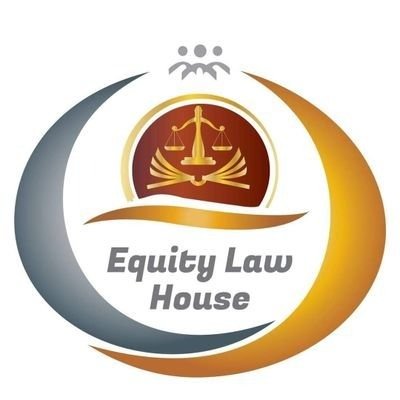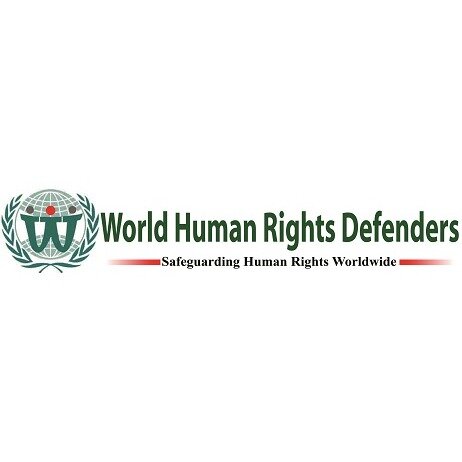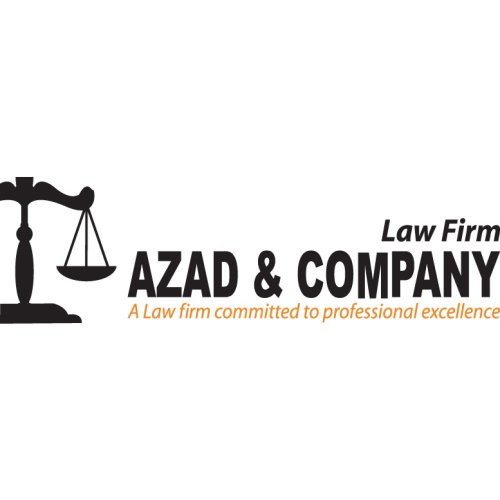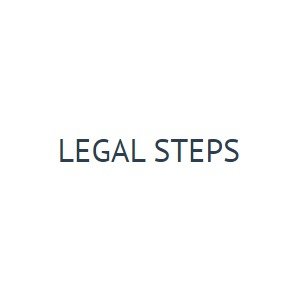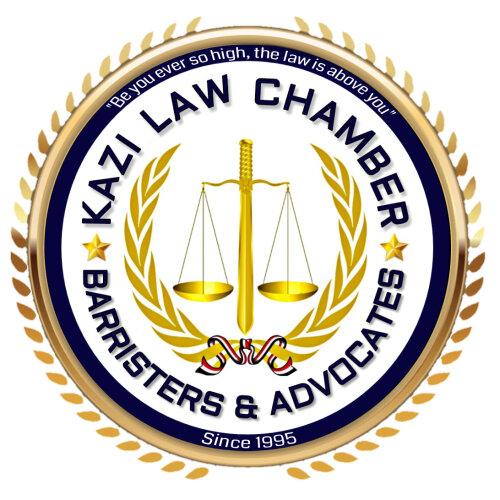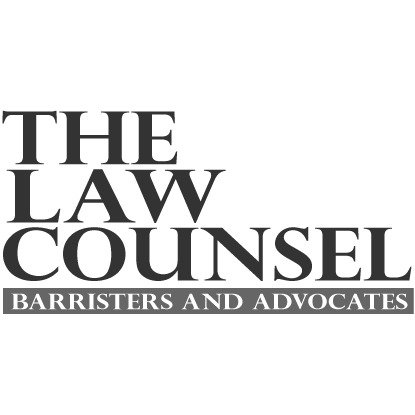Best Copyright Lawyers in Bangladesh
Share your needs with us, get contacted by law firms.
Free. Takes 2 min.
Or refine your search by selecting a city:
List of the best lawyers in Bangladesh
About Copyright Law in Bangladesh
Copyright law in Bangladesh aims to protect the original works of authorship, providing creators with exclusive rights over the use and distribution of their works. The primary legislation governing copyright in the country is the Copyright Act, 2000, which was enacted to align with international standards such as the Berne Convention. This law protects various forms of works, including literary, dramatic, musical, artistic works, and more. Copyright protection is granted automatically upon creation, lasting for a specific period, which varies depending on the nature of the work.
Why You May Need a Lawyer
There are several situations where individuals or businesses may require legal assistance in copyright matters. Some common scenarios include:
- Disputes over ownership or infringement of copyright.
- Seeking legal advice on how to properly license or assign copyright.
- Litigation or defense against copyright infringement claims.
- Understanding and complying with the legal obligations under copyright law.
- Negotiating and drafting contracts involving copyrighted works.
Engaging a lawyer can help navigate complex legal issues, protect your rights, and ensure that your creative works are legally secured.
Local Laws Overview
The Copyright Act, 2000, is the cornerstone of copyright protection in Bangladesh. Key aspects include:
- Automatic protection without the need for registration, though registration may provide added legal benefits.
- Exclusive rights for owners to reproduce, adapt, distribute, perform, and display the work publicly.
- Duration of protection generally lasts for the lifetime of the author plus 60 years posthumously.
- Recognition of 'fair use', allowing for brief excerpts for criticism, news reporting, teaching, and research.
- Penalties and remedies for infringement, including civil and criminal liabilities.
Frequently Asked Questions
What types of works are protected under copyright law in Bangladesh?
Copyright protects literary, dramatic, musical, artistic works, films, sound recordings, broadcasts, and computer programs.
Do I need to register my work to get copyright protection?
No, copyright protection is automatic upon creation; however, registration can provide additional legal advantages.
How long does copyright protection last in Bangladesh?
For most works, copyright lasts for the life of the author plus an additional 60 years after their death.
What is the concept of 'fair use' in Bangladesh's copyright law?
'Fair use' allows limited use of copyrighted material without permission for purposes such as criticism, commentary, news reporting, and education.
Can software be protected under copyright in Bangladesh?
Yes, computer programs are considered literary works and receive copyright protection.
What should I do if I find my work being used without permission?
Consult a lawyer to evaluate the situation and potentially initiate legal action for infringement.
Can I assign my copyright to someone else?
Yes, copyright can be transferred or licensed to others, typically requiring a written agreement.
Is copyright infringement a criminal offense in Bangladesh?
Yes, copyright infringement can lead to both civil and criminal proceedings with penalties including fines and imprisonment.
Are international works protected by copyright in Bangladesh?
Yes, works from countries that are part of international treaties like the Berne Convention are protected in Bangladesh.
How can I prevent others from infringing my copyright?
Regularly monitor the use of your works and seek legal advice to establish and enforce contractual agreements and protective measures.
Additional Resources
Several resources and organizations can assist you in matters related to copyright in Bangladesh:
- Department of Patents, Designs, and Trademarks (DPDT) - the government body managing copyright registration.
- Bangladesh Copyright Office - provides information and resources on copyright laws and registration.
- Legal Aid Organizations - offer free or low-cost legal assistance for copyright-related issues.
- Professional legal consultation from experienced intellectual property lawyers.
Next Steps
If you believe you need legal assistance regarding copyright in Bangladesh, consider taking the following steps:
- Identify the specific nature of your legal need: Is it for registration, infringement, or licensing issues?
- Gather all pertinent documentation and evidence related to your case.
- Consult with a qualified lawyer specializing in intellectual property law to discuss your concerns and develop a legal strategy.
- Consider the option of mediation or alternative dispute resolution if a conflict arises.
- Stay informed about changes in copyright law through reliable sources or professional advice.
Lawzana helps you find the best lawyers and law firms in Bangladesh through a curated and pre-screened list of qualified legal professionals. Our platform offers rankings and detailed profiles of attorneys and law firms, allowing you to compare based on practice areas, including Copyright, experience, and client feedback.
Each profile includes a description of the firm's areas of practice, client reviews, team members and partners, year of establishment, spoken languages, office locations, contact information, social media presence, and any published articles or resources. Most firms on our platform speak English and are experienced in both local and international legal matters.
Get a quote from top-rated law firms in Bangladesh — quickly, securely, and without unnecessary hassle.
Disclaimer:
The information provided on this page is for general informational purposes only and does not constitute legal advice. While we strive to ensure the accuracy and relevance of the content, legal information may change over time, and interpretations of the law can vary. You should always consult with a qualified legal professional for advice specific to your situation.
We disclaim all liability for actions taken or not taken based on the content of this page. If you believe any information is incorrect or outdated, please contact us, and we will review and update it where appropriate.
Browse copyright law firms by city in Bangladesh
Refine your search by selecting a city.




